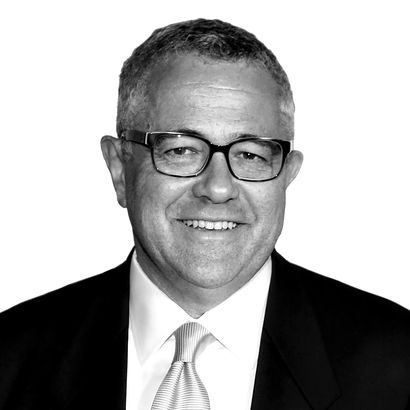What causes a man to commit an act as monstrous as the Oklahoma City bombing? There are conventional, and useful, explanations for why Timothy McVeigh detonated a truck bomb in front of the Alfred P. Murrah Federal Building on April 19, 1995, killing 168 people, including 19 children. A troubled upbringing with a mother who abandoned him. A loss of social status as the factory jobs where his father and grandfather worked disappeared from the Buffalo of his youth. Anger at women who spurned him as he became an incel—an involuntary celibate—before the term existed. Above all, rage at Blacks and Jews, and especially at President Bill Clinton’s federal government.

But as I researched a book on the bombing, over the past several years, I came up with an additional reason. McVeigh and his co-conspirator, Terry Nichols, were also shaped by a region and its haunting landscape. The bombing was rooted in Kansas, specifically a series of towns along Route 77, a two-lane blacktop in the north-central part of the state known as the Flint Hills.


